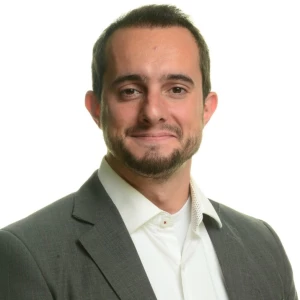Hi, my question is straightforward: What can I use to score points in interviews, apart from cases, to possibly compensate for them?
I was contacted by a McKinsey recruiter via LinkedIn a few weeks ago and simply applied for an analyst position. After successfully passing Solve as well as the first round, I am now going to the final interviews. I still don't know how I got through the first round, as I totally failed the case, but have now got through. Are there any “tips” I can use to compensate a “bad” case? Cases are a real weakness of mine. Of course I keep practicing, but I usually fail in such situations because I am super nervous etc.
Or is it just the mix that makes the difference in the end? Personality paired with a willingness to learn etc.?














Though I have to correct me. It´s my "second" round after one 1 hour interview about two weeks ago (with Technical Experience + Case). But probably doesn´t matter at this point) :)
Best of luck!